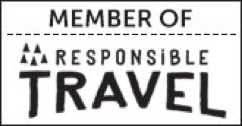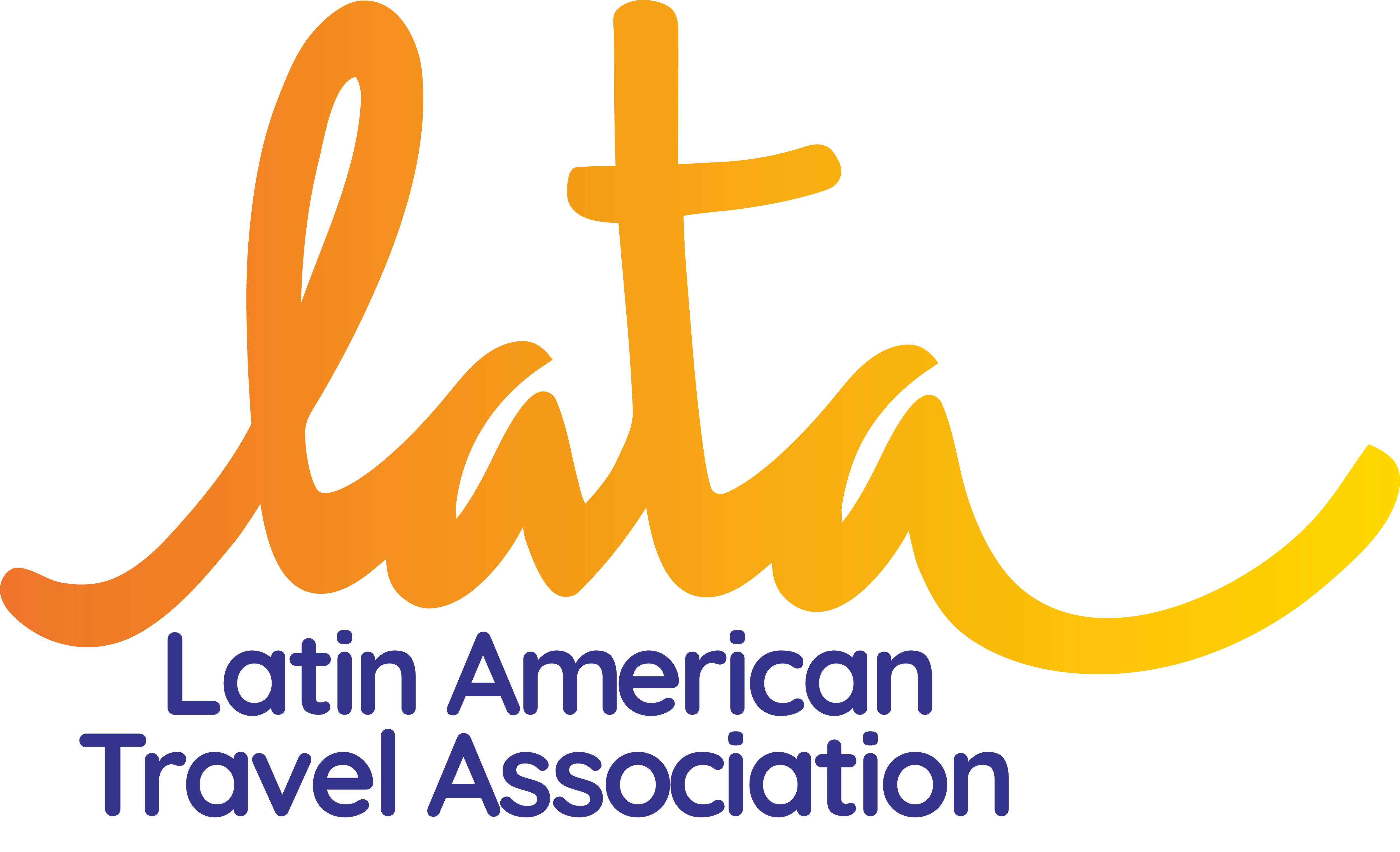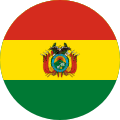Country Facts
Capital
La Paz, Sucre
Area
1,098,581 sq.km
Time Zone
Sucre, Bolivia (UTC-4)
Population
12,224,110
Currency
Boliviano (BOB)
Flight time
12 hours, 44 minutes
Bolivia: Paradise Awaiting To Be Explored
At the Earth Trip we have a team of professionals with considerable knowledge and first hand expertise in putting together tailor made arrangements for the places you are planning to visit.
Bolivia has become one of the most exciting destinations in Latin America over the last few years. Famously land-locked and sometimes regarded as the “Tibet of the Americas”, actually more than half the country lies within the Amazon basin with an immense variety of wildlife habitats, fauna and flora. Travellers to La Paz should take the cable car for spectacular views of the city. Visitors to Potosi can take a tour into the mine of Cerro Rico which, in colonial times, provided the Spanish with unprecedented wealth and caused so much hardship to Bolivian slaves.
Top Recommendation: The Uyuni Salt Flats cover an astonishing ten thousand square kilometres. Highlights of the region include the Reserva Eduardo Avaroa National Park where Laguna Colorada is home to over 30,000 flamingoes and Isla Incahuasi, a coral island covered in giant cacti, some of them hundreds of years old.
Bolivia is often combined with Peru and Chile in a journey including Cuzco, Machu Picchu, Lake Titicaca and La Paz before travelling across the Salt Flats to the Atacama Desert in Northern Chile.
The Earth Trip specialises in customer-focused, tailor-made holidays and escorted small group tours to Bolivia.
Welcome to Bolivia!
-
See below for just some of the reasons why Bolivia should be on your holiday ‘bucket list’.
-
-
– History & Culture:
- Pre-Inca heritage
- Folkloric dance
- Oruro Carnival
- Colonial legacy
– Highlands:
- Salar de Uyuni
- Isla de Incahuasi
- Piedra del Arbol
- Cordillera Andina
– Lowlands:
- Amazon Jungle
- Madidi National Park
- Beni River
- Las Yungas
– Key cities:
- La Paz
- Santa Cruz
- Sucre
- Cochabamba
-
-
Preparing For A Trip To Bolivia?
Visa Information / Entry requirements – Bolivia
This page reflects the UK government’s understanding of current rules for people travelling on a full ‘British Citizen’ passport from the UK, for the most common types of travel.
The authorities in Bolivia set and enforce entry rules. If you’re unsure how Bolivia’s entry requirements apply to you, contact its UK embassy, high commission or consulate.
All travellers
According to the new decree 4574, all foreign residents and tourists must register their home or tourism address online. Tourists should update this information when moving around the country. Failure to comply will result in fines on leaving the country.
If you’re fully vaccinated
If you have been fully vaccinated, at least 14 days before you enter Bolivia, you’ll need to show a printed or digital copy of the vaccine certificate.
Proof of vaccination status
Bolivia will accept the UK’s proof of COVID-19 vaccination record and proof of COVID-19 vaccination issued in the Crown Dependencies. Your final vaccine dose must have been administered at least 14 days prior to travel. Your NHS appointment card from vaccination centres is not designed to be used as proof of vaccination and should not be used to demonstrate your vaccine status.
You should make sure the UK COVID Pass is accessible to you in both digital and paper formats when entering the country.
If you’re not fully vaccinated
If you’re not fully vaccinated, you’ll need to show proof of a negative PCR test, taken no more that 72 hours before boarding. This applies to everyone over 5 years of age. Alternatively, you’ll need to show proof of a negative antigen test, taken no more than 48 hours before boarding.
If you’ve had COVID-19 in the past year
If you’re not fully vaccinated but have tested positive for COVID-19 in the last year, you can enter Bolivia. You will have to present a negative PCR test, taken no more than 72 hours before entering Bolivia, or a negative antigen test, taken no more than 48 hours before boarding.
Children and young people
Children aged 4 and under do not need to present a negative PCR test to enter the country.
If you’re transiting through Bolivia
Transiting is when you pass through one country on the way to your final destination.
Transiting through Bolivia is permitted for travellers who have a vaccination certificate, or present a negative PCR test, taken no more that 72 hours before travelling, or a negative antigen test, taken no more that 48 hours before travelling.
If you are transiting through Bolivia on your way to another country and will be passing through immigration (sometimes known as a layover), for example to stay in a hotel for a flight the next day, you’ll need to present either a vaccination certificate, a negative PCR test, taken no more than 72 hours before travelling, or a negative antigen test, taken no more that 48 hours before travelling.
Exemptions
There are no exemptions to Bolivia’s entry requirements.
Check your passport and travel documents before you travel
Passport validity
If you are visiting Bolivia, your passport should be valid for 6 months from the date you arrive.
If you are a resident in Bolivia, your passport must be valid for 6 months from the date you arrive.
Check with your travel provider to make sure your passport and other travel documents meet their requirements.
Visitor visas
British nationals don’t need a visa to visit Bolivia. The length of stay permitted on entering Bolivia is initially 30 days. This can be extended for a further 60 days, at no extra charge, as long as you apply before the end of the 30 day period at one of the Department of Immigration offices throughout the country. The Department of Immigration has imposed an annual limit for tourists of 90 days in Bolivia without a visa. If you want to stay for a longer period seek advice from the Bolivian Embassy in London or the Department of Immigration office in La Paz at Avenida Camacho No. 1468.
Make sure you get an entry stamp when you arrive in Bolivia, otherwise you’ll have to pay a fine to leave. If you enter Bolivia overland, make sure your passport is stamped on both sides of the border, with an exit stamp from the country you are leaving and an entry stamp on the Bolivian side – you may need to ask for directions to the immigration office. The British Embassy can’t intervene in immigration issues.
Many countries in the region are not allowing entry to foreign citizens and are likely to need valid documents for entry, so you should check with authorities before planning to leave.
Residence permits and other types of visas
The Bolivian Immigration authority (Dirección General de Migración) has introduced new procedures and requirements for British nationals applying for residence permits and other types of visas in Bolivia. New requirements now include a police certificate of criminal records from the UK, which you can get from the Association of Chief Police Officers website. If you need any documents from the UK, get them translated into Spanish and legalised at the Foreign Commonwealth and Development office in London.
Visit the Bolivian Immigration authority for more information.
Yellow fever certificate requirements
Check whether you need a yellow fever certificate by visiting the National Travel Health Network and Centre’s TravelHealthPro website.
UK Emergency Travel Documents
UK Emergency Travel Documents (ETDs) are accepted for entry, airside transit and exit from Bolivia. Your ETD must be valid for a minimum period of 6 months from the date of entry into Bolivia.
Read More On Visas
Tourism Health Information – Bolivia
If you have a health condition, or you are pregnant, you may need specialist healthcare abroad. Check whether your destination country can provide the healthcare you may need and ensure you have appropriate travel insurance for unexpected medical evacuation or local treatment.
See the Coronavirus travel health and Healthcare sections in the Coronavirus page for COVID-19 health information.
At least 8 weeks before your trip, check the latest country-specific health advice from the National Travel Health Network and Centre (NaTHNaC) on the TravelHealthPro website. Each country-specific page has information on vaccine recommendations, any current health risks or outbreaks, and factsheets with information on staying healthy abroad. Guidance is also available from NHS (Scotland) on the FitForTravel website.
General information on travel vaccinations and a travel health checklist is available on the NHS website. You may then wish to contact your health adviser or pharmacy for advice on other preventive measures and managing any pre-existing medical conditions while you’re abroad.
The legal status and regulation of some medicines prescribed or purchased in the UK can be different in other countries. If you’re travelling with prescription or over-the-counter medicine, read this guidance from NaTHNaC on best practice when travelling with medicines. For further information on the legal status of a specific medicine, you’ll need to contact the embassy, high commission or consulate of the country or territory you’re travelling to.
While travel can be enjoyable, it can sometimes be challenging. There are clear links between mental and physical health, so looking after yourself during travel and when abroad is important. Information on travelling with mental health conditions is available in our guidance page. Further information is also available from the National Travel Health Network and Centre (NaTHNaC).
Local medical care
You can buy most medicines at pharmacies in the cities, but brand names can be different. It is best to know the generic name of the drug. Many drugs are available without prescriptions. Drugs for mental health conditions require a prescription. There are many pharmacies in Bolivian cities, clearly signed as “farmacias”.
Certain medications prescribed for personal use in the UK are treated as narcotics in Bolivia, with severe penalties for import or export without a valid prescription from a doctor. You should refer to the list of controlled substances that are considered narcotics in Bolivia. If you have a pre-existing medical condition, carry a letter from a doctor describing the medical condition and any prescribed drugs. If you bring medicines with you, make sure they are in their original containers and clearly labelled.
Read More On Health
Weather & When To Go To Bolivia
We will advise you on the best time of the year to travel and, just as importantly, when not to go to a particular region or place. We hope the following guidelines are useful:
The wet season in Bolivia is November to March with January being traditionally the wettest month with an average of 21 days of rain. You should expect just a couple of wet days during the driest months of June and July but temperatures are much lower at night in the South American winter.
The Uyuni salt flats and the Atacama Desert are turning into year-round destinations but bear in mind that temperatures plummet in the winter (July-September).
The Oruro carnival takes places from the Saturday to Tuesday before Lent when early booking is essential.
Read More On Weather
Tailor-Made Holidays
At Earth Trip we will design and plan your personalised itinerary according to the exact requirements of your trip. Whether you prefer to be on a mountaintop or under a waterfall; wake up in the middle of a jungle or have a picnic with locals in the tea plantations – we select the accommodation and activities in order to suit not only your preferences, but also your budget.
Discover Tailor-Made Holidays










 About
About